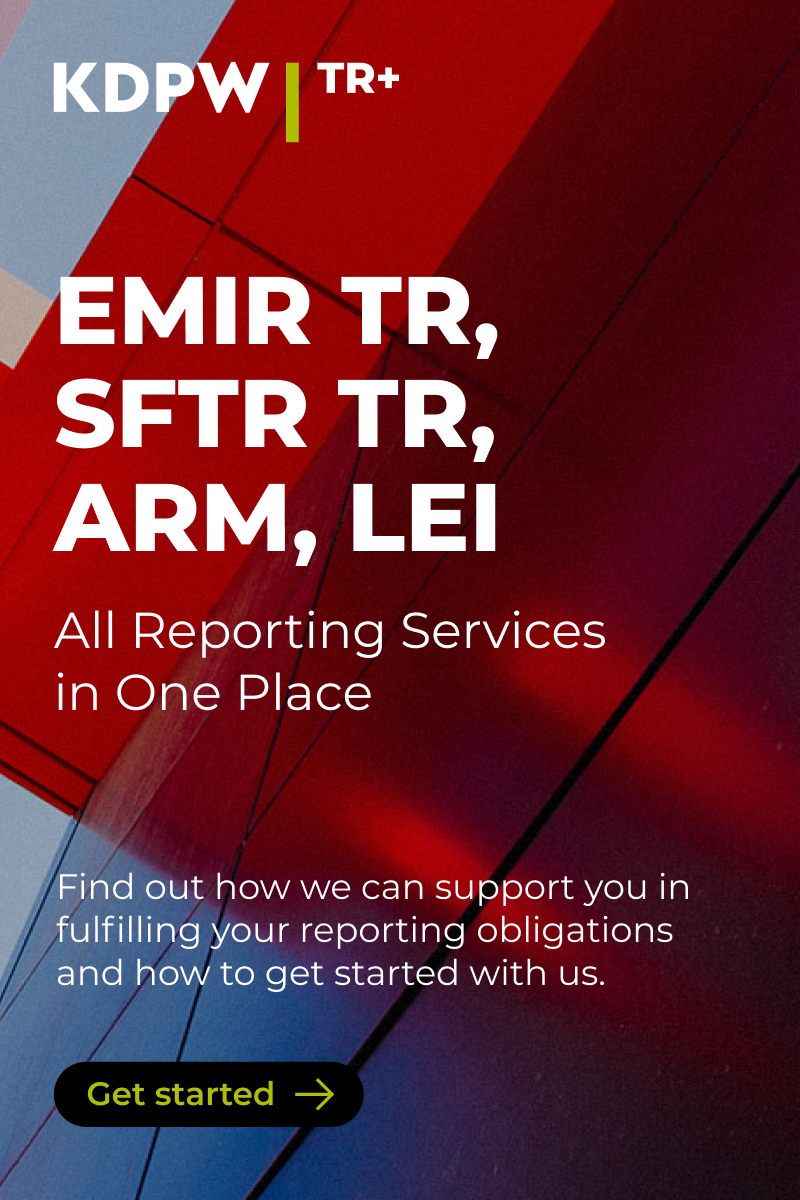Regulatory change, technological development and emerging markets are affecting strategic thinking regarding global capital, according to a Deutsche Bank and FT Remark survey of 200 financial market participants.
Basel III and Solvency II were named as the regulations set to bring about the most benefits, named by 62 percent and 48 percent, respectively.
At the other end of the scale, just 2 percent said they saw benefit in the European Markets Infrastructure Regulation, and 1 percent said the Foreign Account Tax Compliance Act would be beneficial.
With regards to the changing regulatory environment, 43 percent said they are concerned about increasing costs of execution, while 31 percent cited concern around a reduction in liquidity and 26 percent noted increasing counterparty credit risk charges.
According to Deutsche Bank, the results show that, rather than viewing regulatory change as a threat, institutions are starting to see it as an opportunity to improve settlement, liquidity and collateral management.
When asked about blockchain, or distributed ledger technology, some 87 percent of respondents said this could change the settlement model for securities, improving efficiency and reducing costs.
A vast majority said they expect blockchain to reduce the overall cost of providing securities services, with 62 percent expecting savings of 11 to 25 percent, and 5 percent believing it will lead to savings of 30 percent or more.
Almost half, 48 percent, said they think blockchain will help the industry to cope with the risk of system failure and market disruption. The issues of increasing regulatory requirements, legacy IT infrastructure and inadvertent data disclosure were also named as areas that blockchain could help improve, with 36 percent apiece.
Some 75 percent said they believe the technology will be actively used by market participants within the next three to six years, and a further 21 percent said they think it will be widely used in seven to eight years. Only 1 percent said they expect to see the wide use of blockchain to emerge within the next decade.
When asked about emerging markets, 54 percent of respondents said they anticipate significant growth, with the India and South Asia region proving the most popular, named as attractive by 88 percent.
However, 76 percent noted that a lack of capital market infrastructure in these markets could deter them from operating or investing there.
Further, 62 percent said they see regulatory hurdles as one of their biggest challenges when carrying out securities transactions in emerging markets, followed by political interference and instability, named as a challenge by 53 percent.
When asked which markets have seen the most improvement in capital markets infrastructure over the last five years, India came out on top, named by 40 percent, followed by China with 28 percent and Indonesia with 13 percent.
In the survey report, Satvinder Singh, Deutsche Bank’s head of global securities services and head of global transaction banking for Europe, the Middle East and Africa, excluding Germany, said: “Regulatory change remains a burden for many, but the right regulations are being welcomed. Technology threatens to disrupt the market as a whole and—in the case of blockchain—that disruption may be coming sooner than many think. And emerging markets that have been the most active in developing their capital markets are expected to return to form.”
“Overall, one message keeps coming through loud and clear in our research: the industry has to adapt its strategic thinking if it is going to cope with the pace of change in capital markets. And the results of our survey show that market participants understand the challenges they face and are prepared to adapt in their pursuit of opportunity.”



